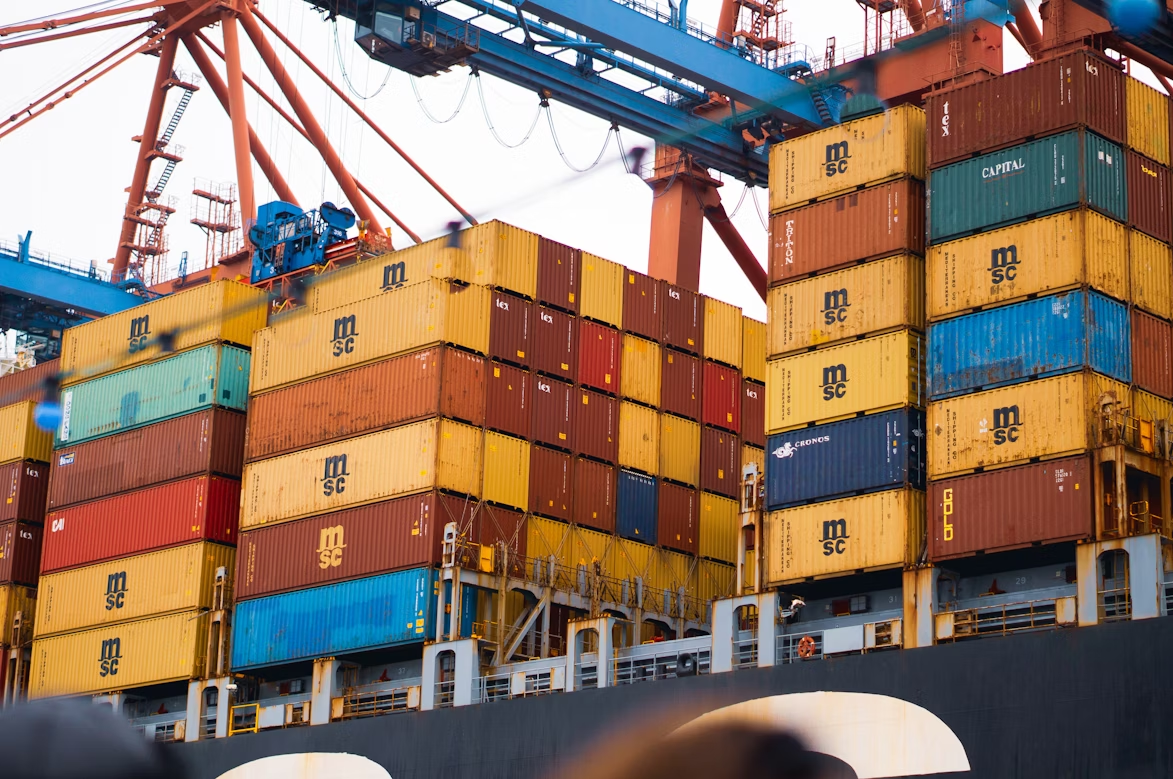This autumn, the Court of Justice of the European Union (“CJEU”) ruled on several significant matters, underscoring the institution’s role in shaping EU law and foreign policy. For reference, the CJEU comprises two courts: the General Court, which primarily handles actions for annulment brought by individuals, companies, and, in some cases, EU governments; and the Court of Justice, which addresses requests for preliminary rulings from national courts, certain actions for annulment and appeals.
These recent cases resolved long-standing issues surrounding the EU-Morocco trade agreements and the provision of legal advice to Russia and Russian entities, with each Court playing a role in addressing these complex matters.
EU-Morocco trade agreements
The first group of cases concerns the validity of EU-Morocco trade agreements, challenged due to the lack of consent from the people of Western Sahara.
Western Sahara is a region in north-west Africa bordered to the north by Morocco. Since the 1970s, a dispute has persisted between Morocco and the Front Polisario – a movement advocating for the people of Western Sahara’s right to self-determination and the establishment of a sovereign Sahrawi state. This territorial conflict has evolved to include questions about the legality of economic agreements, particularly those involving Morocco’s exploitation of natural resources in and around Western Sahara.
In 2019, the Front Polisario filed applications with the General Court of the European Union, seeking to annul the Council’s approval of EU-Morocco trade agreements related to fisheries and agriculture (T-279/19, T-344/19, and T-356/19). The General Court ruled that the EU and Morocco had applied the agreements to Western Sahara without obtaining the required consent from its people, thereby annulling the decisions while temporarily maintaining their effects. Subsequently, the European Commission and Council appealed these annulments to the Court of Justice (C-778/21 P and C-798/21 P and C-779/21 P and C-799/21 P). The Court of Justice has now issued final rulings, dismissing the appeals entirely.
The Court of Justice determined that the people of Western Sahara must consent to the 2019 EU-Morocco trade agreements for them to be valid. However, the Court diverged from the General Court’s view by ruling that explicit consent is not always necessary. Instead, consent may be presumed if the agreement imposes no obligations on Western Sahara as a third party and provides a specific, tangible, substantial and verifiable benefit from resource exploitation that is proportional to the level of exploitation. In this case, because the agreements did not provide such a benefit, the Court upheld the General Court’s annulment of the Council’s approval.
Separately, but applying the same principles, the Court has also ruled on proper labelling of fruit and vegetables from the territory of Western Sahara (C-399/22).
Representation of Russia and Russian entities
The second set of cases involves a series of restrictive measures on legal services imposed by the Council in response to Russia’s aggression against Ukraine.
For background, these measures prevent any person within the EU from providing legal services to the Russian Government or entities established in Russia, except in connection with judicial, administrative or arbitration proceedings. In 2022, several European lawyers and legal organisations challenged this prohibition before the General Court (T-797/22, T-798/22, and T-828/22). They argued that the prohibition lacks adequate reasoning and infringes on fundamental rights, including the right to legal representation, professional confidentiality, lawyer independence, rule of law values and principles of proportionality and legal certainty.
The General Court has now rejected all three challenges. The Court affirmed that the Charter of Fundamental Rights of the EU guarantees all individuals the right to effective judicial protection and confirmed that this right is unaffected by the restrictive measures, as they do not apply to legal advisory services connected to judicial, administrative or arbitration proceedings. Importantly, the Court clarified that the provision of advisory services at a preliminary stage to assess a client’s legal situation is not prohibited under the imposed measures.
The Court noted that while lawyers play a vital role in upholding the rule of law, this role may be subject to restrictions justified by the EU’s general objectives. The restrictions in the case at hand are permissible as they are not disproportionate or excessively interfering with lawyers’ role in a democratic society.
What is next?
The resolution of both issues will significantly impact the EU’s legal framework.
On the one hand, it is argued that the CJEU’s decision on EU-Morocco agreements will resonate beyond agriculture and fisheries, potentially affecting all existing and future EU-Morocco agreements. This might lead the EU and Morocco to seek the consent of the Sahrawi people in a manner prescribed by the Court. However, as noted above, the Court left some room for presumed consent, which might be considered by the relevant authorities. In any case, EU authorities have already acknowledged the Court’s decision and expressed their intention to continue strengthening relations with Morocco.
The CJEU’s decision regarding the representation of Russian clients will, on the other hand, provide some comfort to EU entities when handling contentious matters involving Russian parties. It is argued that the Court’s clarifications, particularly regarding the scope of the measures, may reassure banks processing payments from Russian clients to EU lawyers, as well as EU lawyers themselves. However, the practical effect the clarifications remain uncertain and will largely depend on how and whether banks and law firms will react to them.
For more information, please contact info@volterrafietta.com.



